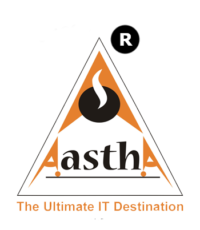Panasonic said first-quarter operating profit surged more than 27 times, handily beating expectations as demand for home appliances and automotive batteries recovered from a particularly weak COVID-hit year.
Profit for April-June rose to JPY 104.4 billion (roughly Rs. 7,060 crores) from JPY 3.8 billion (roughly Rs. 260 crores) a year earlier, some 50 percent higher than market expectations and its strongest performance for a first quarter since 2008.
Panasonic, a key supplier of batteries to Tesla, has moved away from low-margin consumer electronics, and now focuses on electric car batteries, industrial-use components and production machinery.
That said, its home appliances including air conditioners and TVs have sold well this year as people spend more time at home during the pandemic.
The automotive business swung to a profit of JPY 9.8 billion (roughly Rs. 660 crores), benefiting from growing demand for electric car batteries through its decade-old, sometimes testy, partnership with Tesla. That compares with a loss of JPY 9.5 billion (roughly Rs. 640 crores) in the same period a year earlier when it was forced to suspend production at its joint venture with Tesla in Nevada.
Panasonic is launching a test line in Japan to make Tesla’s so-called 4680 battery cells, which the automaker claims will halve battery costs and help it ramp up battery production 100-fold by 2030.
It is adding a new production line at the Nevada factory and is looking to build a lithium-ion battery business in Europe that would supply car makers there. The Japanese firm also has a battery partnership with Toyota Motor.
Tesla this month posted record vehicle deliveries for the second quarter, weathering a global chip crunch better than rivals, and on Monday it posted market-beating quarterly earnings.
Panasonic reaffirmed its full-year forecast of an annual profit of JPY 330 billion (roughly Rs. 22,310 crores), slightly lower than analysts’ forecasts.
© Thomson Reuters 2021


Leave a reply